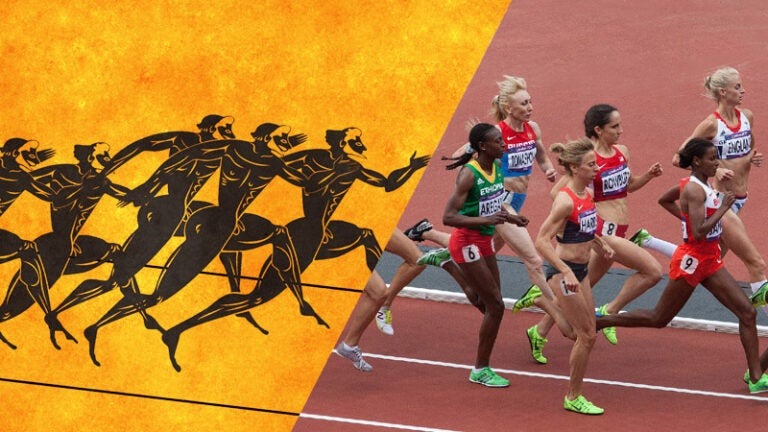From Ancient Greece to Today: The History of the Olympics Unveiled
Home » From Ancient Greece to Today: The History of the Olympics Unveiled

The history of the Olympics is a fantastic odyssey, from ancient Greece to the global show it is today. The Olympics, viewed by millions globally, have grown over time from a minor gathering into a symbol of worldwide harmony and athletic brilliance. This article covers the highlights of the Olympic history: their inception, successes, challenges, and lasting legacy.
The Birth of the Olympics: A Historical Overview
The First Olympic Event
The first known Olympics occurred in 776 BC in Olympia, Greece, as part of a festival honoring Zeus. The initial race was a 192-ish meter sprint and was referred to as the “stadion.” Coroebus, a cook from Elis, won this first race, marking the beginning of a legendary event.
Expansion of Events
Over time, the Olympics expanded to include various events. In 724 BC, at the 14th Olympiad, a 2-stade race was added; it was called the “diaulos”. Four years later, in 720 BC, the “dolichos”, or the long-distance race, entered the program. The five-discipline event of pentathlon, which incorporated the long jump, javelin and discus throws, the stadion, and wrestling, became a part of the program in 708 BC. Also other events were included: “hoplitodromos” with armor, “pygmachia” or boxing, and “pankration,” a sort of wrestling and boxing combined together.
Expansion and Glory of the Ancient Olympics
Victory in the ancient Olympics brought immense fame and honor. Athletes became heroes, their statues immortalized. However, only Greek men could compete. The Heraia games, for women, occurred every two weeks. The Olympics promoted peace among Greek city-states during the “truce.”
Decline and Revival: A Tale of Two Eras
However, the history of the Olympics also includes a period of decline with the rise of Christianity and pagan festivals being banned by Emperor Theodosius I in 392 AD, it was only a matter of time before the ancient Olympics fell into ruin.
Pierre de Coubertin’s Dream
Interest in the ancient games revived in the 18th century following excavations in Olympia. Pierre de Coubertin aimed at introducing international friendship through sports in order to unite people’s minds against racism. He founded the International Olympic Committee (IOC) in 1894, leading to his organization’s first modern Olympic Games.
The First Modern Olympic Games
Athens hosted the first modern Olympics in 1896, with participants from 14 nations competing in 43 events. The restored Panathenaic Stadium hosted the games. Athletics, gymnastics, wrestling, swimming, and the marathon were featured.
The Modern Olympics: A Global Phenomenon
Key Milestones
The Olympics have changed through time with new additional sports and events. Notable among these changes were the establishment of the Winter Olympics in 1924, more events involving women, and the four-year changing schedule of the Summer and Winter Games.
Notable Athletes
A lot of legendary athletes have come out of the. Jesse Owens’ triumph in 1936 of breaking the color barrier with four gold medals and Michael Phelps’ record 23 gold medals are just a few cases in which historical moments mold the fabric of the Games.
The Olympics Today
Today, the Olympics remain a world event in which athletes from over 200 countries come together. The Games stand modernized for today’s world since it uses technology and supports going green. The Olympic spirit goes on to inspire, foster international camaraderie, and bring about a celebration of human potential.
Conclusion
From ancient Greece until now, there has been a constant tradition of these games as places where competitions are held while people stand together. The Olympics still testify that sport can unite humanity
